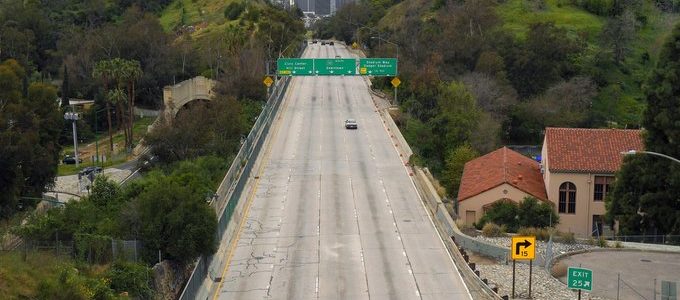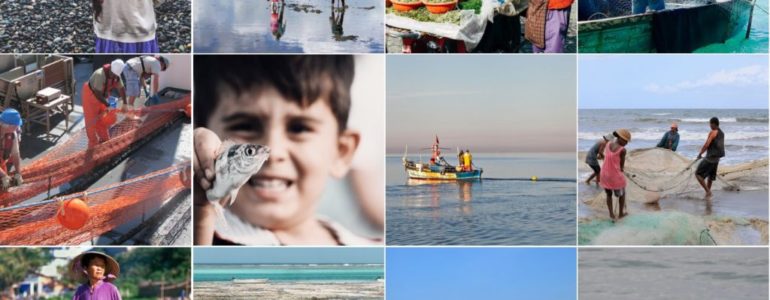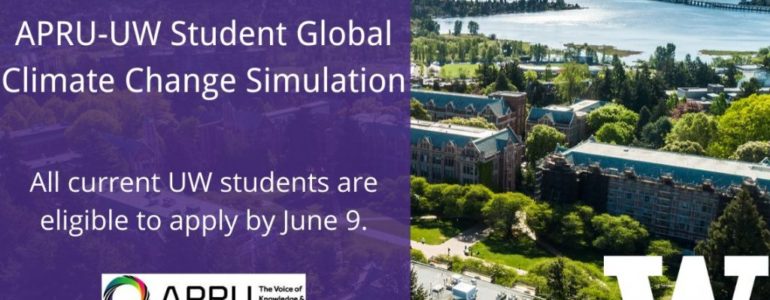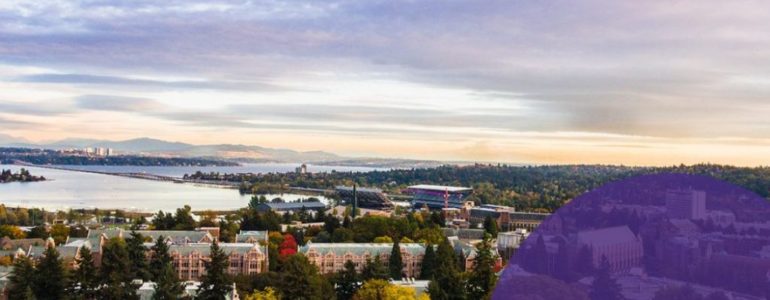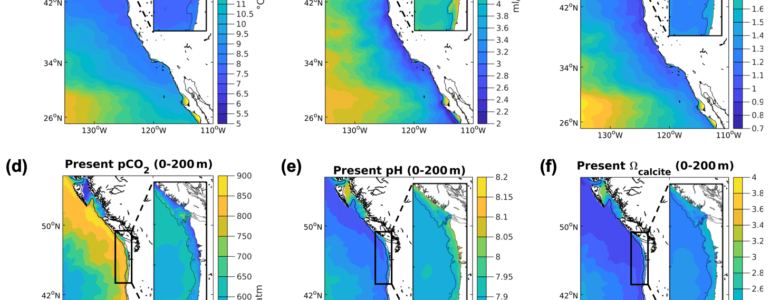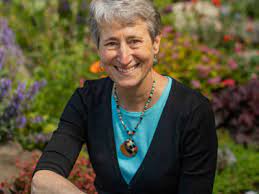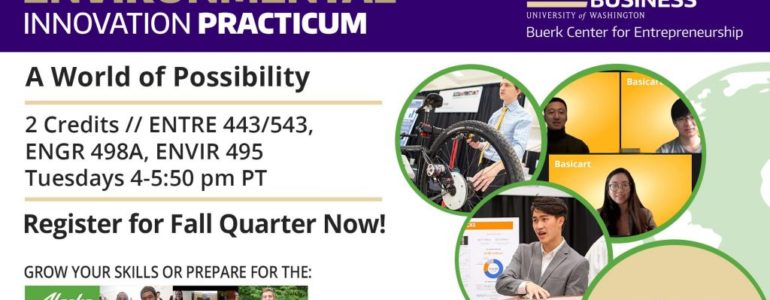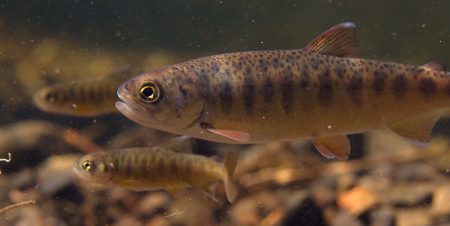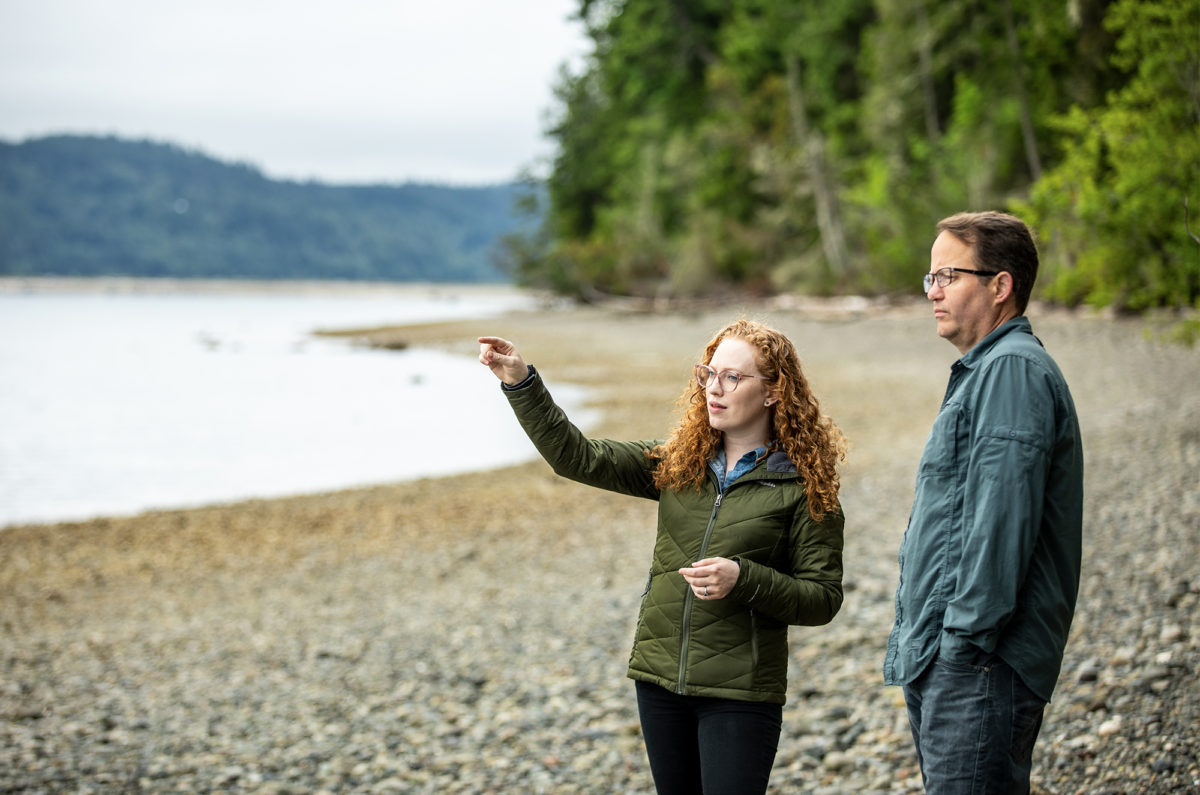EarthLab News
Carbon in Earth’s atmosphere reaches highest mark in modern history, scientists say
“This past year’s slowing of greenhouse gas emissions was like turning down the tap just a little bit on a bathtub that’s already overflowing. Stopping the damage requires turning off the tap completely.” Amy Snover, UW Climate Impacts Group director was quoted in the story.
Read moreUN Ocean Decade endorses Nippon Foundation Ocean Nexus Center’s ‘Ocean Voices’ as an official ‘Decade of Action’ program
The Ocean Voices program asserts that the contribution of ocean science to sustainable development is determined by people, and therefore it is critical to understand the actors involved, their culture and wellbeing, and how power dynamics and decision-making processes influence our oceans.
Read moreApply Now to the APRU-UW Student Global Climate Change Simulation
Experience what it’s like to be a delegate at the 2021 UN Climate Change Negotiations. All current UW students, both undergraduate and postgraduate, are encouraged to apply by June 9, 2021.
Read moreVideo: EarthLab 2021 Showcase
On May 18, 2021, we hosted our second annual showcase, featuring lightning-style presentations from our member organizations and grantee partners who are working towards an equitable, just & sustainable world where people and planet thrive. Watch the recorded presentation now.
Read moreNew model developed to predict impact of climate-driven changes to the California Current System
A multi-disciplinary team from the University of Washington (UW) and National Oceanic and Atmospheric Administration (NOAA) developed a new multi-model to project how processes that occur in the coastal ocean—such as upwelling, freshwater delivery, eutrophication, water column metabolism, and sediment interactions— alter the rate of change in the California Current System (CCS).
Read moreFormer Interior Secretary Sally Jewell named Fritzky Chair in Leadership at UW’s Foster School of Business
In addition to her success in business, Jewell’s leadership and service has benefitted numerous non-profit and civic organizations, including her alma mater where she served for 12 years as a Regent of the University of Washington and currently acts as chair of the advisory council for EarthLab, a university-wide institute that connects scholars with community partners to solve our most difficult environmental problems.
Read moreEnvironmental Innovation Practicum prepares students to shift business for the good of the environment
Register for this fall quarter class today to learn from leaders bringing innovative business solutions to complex environmental problems.
Read moreFish Rescue in a Changing Climate
New Northwest Climate Adaptation Science Center research set out to evaluate a controversial strategy called “fish rescue”, which has potential to help fish cope with seasonal stream drying, but until now, has been largely unexplored as a climate adaptation strategy.
Read moreEarthLab Equity and Justice Reads: Minor Feelings: An Asian American Reckoning (Cathy Park Hong)
EarthLab has selected Minor Feelings: An Asian American Reckoning by Cathy Park Hong for our equity and justice book club this quarter. This book was selected from several works written by and about the Asian-American experience. EarthLab staff and member organization members will meet virtually on Tuesday, June 8 to discuss themes as part of our commitment to continuous equity and justice learning.
Read moreNature and Health Spring Talks: Health Equity & Nature
On Wednesday, April 28, Nature and Health is hosting two presentations about the intersection of health equity and nature in the context of structural racism, #BlackLivesMatter and COVID-19. We invite you to learn more about these important talks and register for them today.
Read more